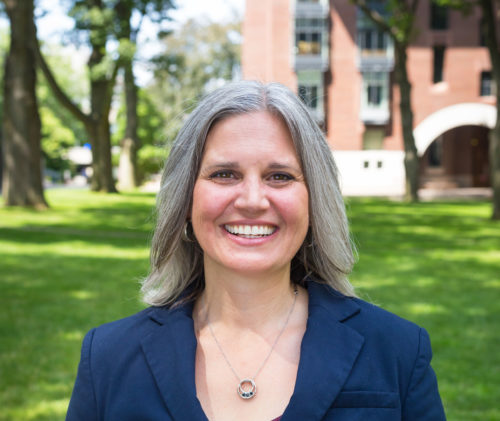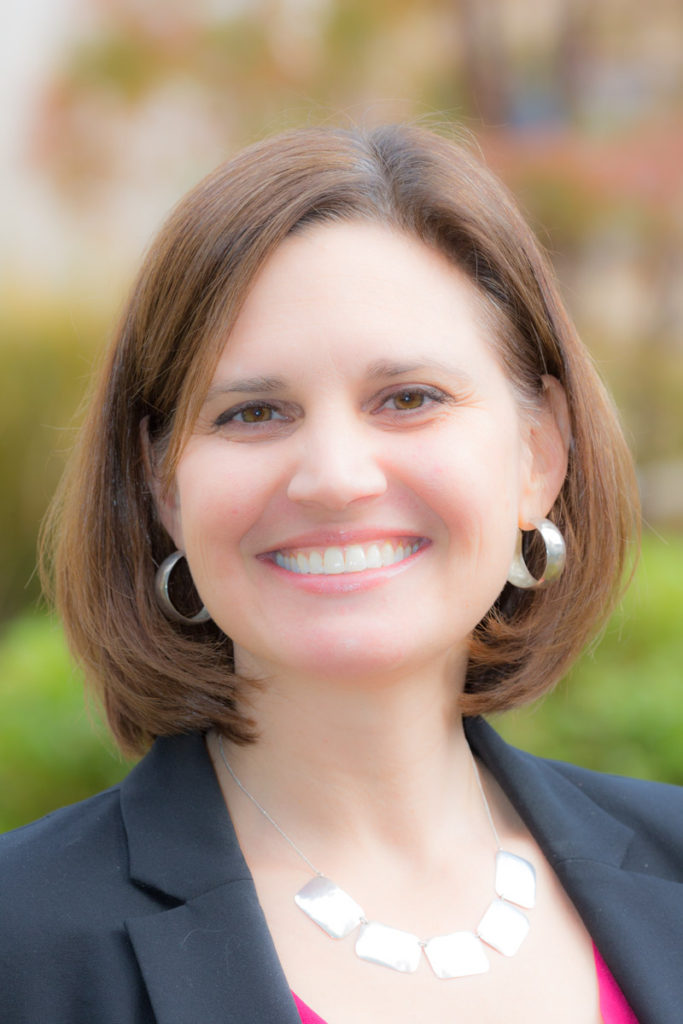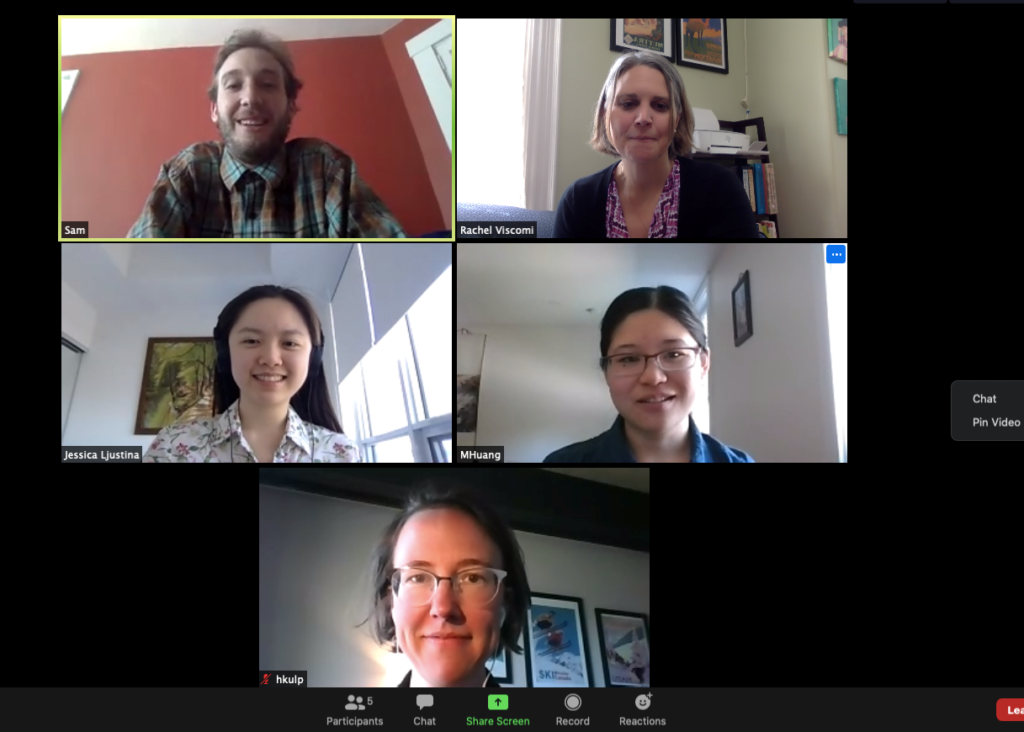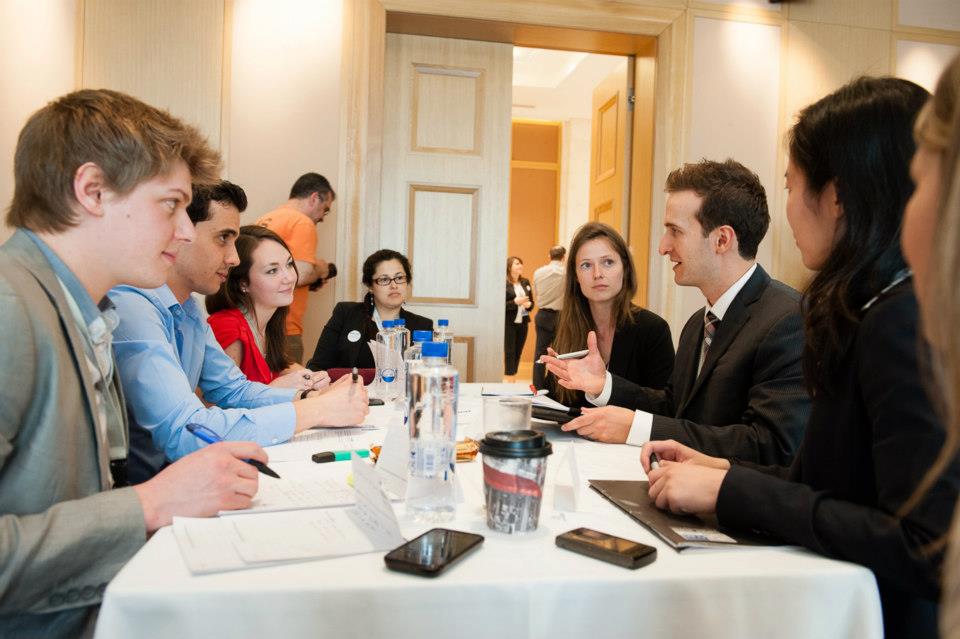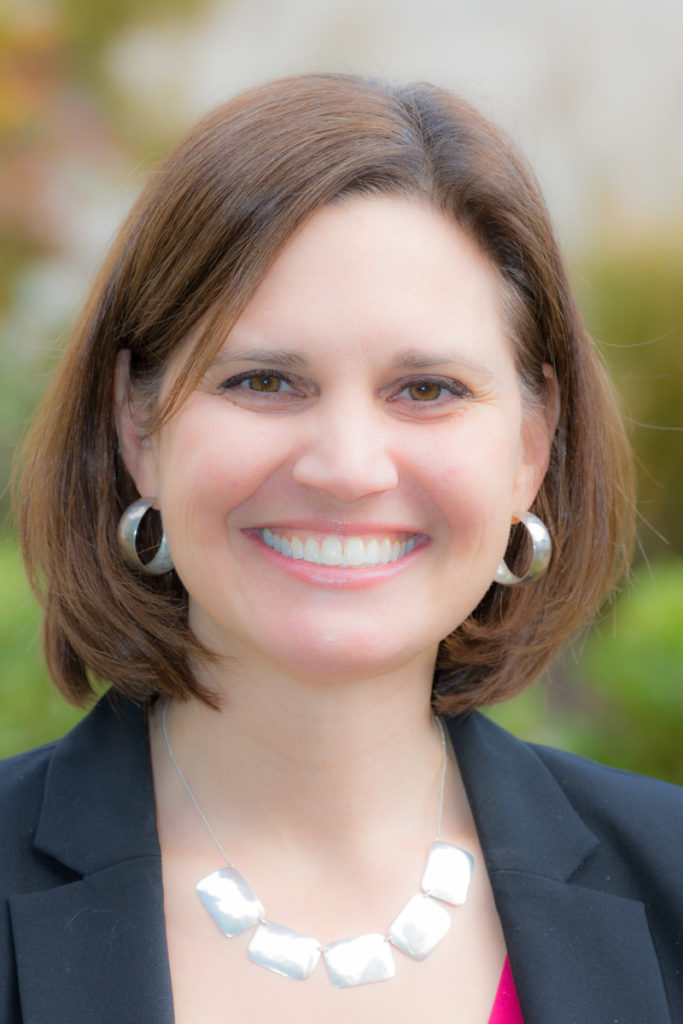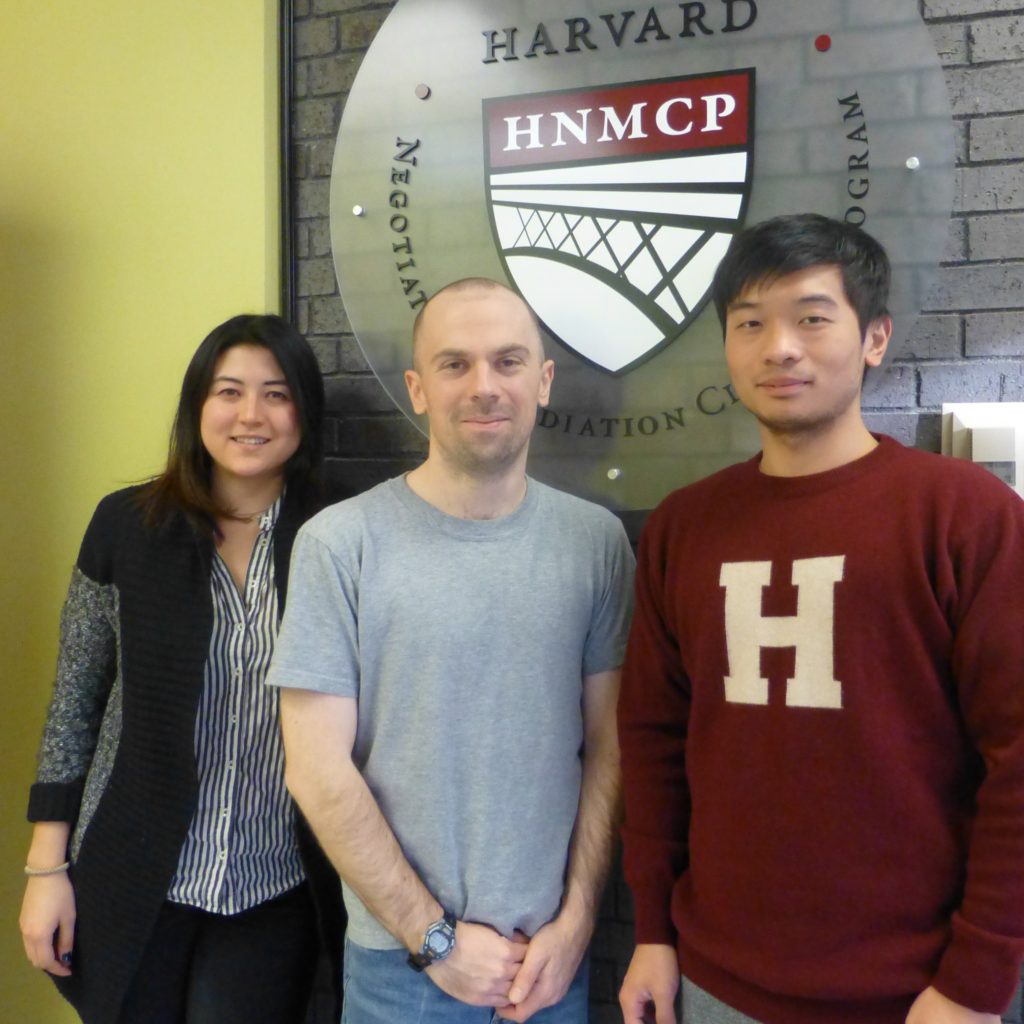My fierce d edication to democracy’s potential led me to Harvard Law School. I am the child of an immigrant family—Cubans who fled to the United States seeking an equal and democratic system of government. Because my family sacrificed for the opportunity to be heard by their leaders, I have felt that the onus is on me to stubbornly imagine the more just society they sought—one that works together to solve its most intractable problems. I came to HLS looking for the skills to build this better future, but with little understanding of how it would translate into a course of study. HNCMP became the answer to this query, and the home I was looking for in law school.
edication to democracy’s potential led me to Harvard Law School. I am the child of an immigrant family—Cubans who fled to the United States seeking an equal and democratic system of government. Because my family sacrificed for the opportunity to be heard by their leaders, I have felt that the onus is on me to stubbornly imagine the more just society they sought—one that works together to solve its most intractable problems. I came to HLS looking for the skills to build this better future, but with little understanding of how it would translate into a course of study. HNCMP became the answer to this query, and the home I was looking for in law school.
In a year otherwise filled with competitive classrooms and black letter law, the Spring 2014 Negotiation Workshop reminded me that I was a person who also went to law school. My training in other coursework would have limited meaning if I could not apply it thoughtfully in day-to-day negotiations. In a school dedicated to advocacy, the Workshop refreshingly suggested “curiosity, not conclusions.” Beyond the many skills the Negotiation Workshop taught me, it was this philosophy that kept me a close disciple of HNMCP during my time at HLS.
In the HNCMP Clinic, I was encouraged to turn my gaze from the personal to the systemic. Under Clinical Instructor Heather Kulp’s mentorship, my team was pushed to design systems where individuals were not only heard, but also felt empowered to speak. My Clinical team worked to create a dispute resolution system for the U.S. Department of Agriculture—never before had I confronted a task so huge and thrilling in law school. No longer were the teachings of the Negotiation Workshop rigorous academic exercises, but real-life issues that I could help solve.
I am fortunate that my engagement with HNMCP has been as robust inside of the classroom as out. Some of my most exciting work has been in content development for the HNMCP Blog; writing a multi-party negotiation case; and helping create HNMCP’s new podcast series The Listening Room. Working with Sara del Nido Budish and Bob Bordone, I have been given amazing mentorship to pursue research and writing in the nexus of issues I hope to explore throughout my professional life. Where do conflict management and social justice intersect? Who is doing this work already that we can learn from? What articles, stories, and exercises will inspire new students of this material? How do we harness group problem-solving to create better institutions?
In the last few years at HLS, these questions have also played out our own campus. HLS is one of many institutions in the throws of a nation-wide conversation on race, identity, and the purposes of legal education. It has been in these important moments where I have appreciated the necessity for both the personal skills and systems design in which HNMCP has trained me. As a student in The Lawyer As Facilitator (LAF) course, and as a facilitator in the Real Talk initiative (a series of extracurricular facilitated dialogues on personal identity and the 1L experience), I was given both the training and the opportunity to engage with these issues head-on. In these moments, the quest for a more just society that compelled me to law school became less nebulous: societies are simply systems made up of people, and people experience conflict, change, and vulnerability differently. As a facilitator, I helped participants navigate these experiences. I was overwhelmed by the power that came from a group of individuals processing together, and in turn, by the power of HNMCP’s teachings in creating change, one person at a time.
My experiences with HNMCP have been diverse, deep, and transformational. I have taken courses including the Negotiation Workshop, Dispute Systems Design, the Negotiation and Mediation Clinic, Lawyer as Facilitator; and pursued independent projects including the HNMCP Blog, the Harvard Negotiation Institute, The Listening Room, case writing, and Real Talk. In my last semester of law school, it feels like a capstone for my intense study and practice of dispute resolution to serve as a Teaching Assistant for the Negotiation Workshop. After three years of understanding my own tendencies in conflict, and learning how to prevent and manage others, I feel lucky to introduce new students to this incredibly powerful material.
This material is as liberating as it is challenging: it imparts on its students the onus to do something—be someone—different than before encountering it. It implores us to go into the world with fewer conclusions, greater curiosity, and perhaps more compassion than before. I am closer to my dream of a more inclusive and just society because of my time with HNMCP.

